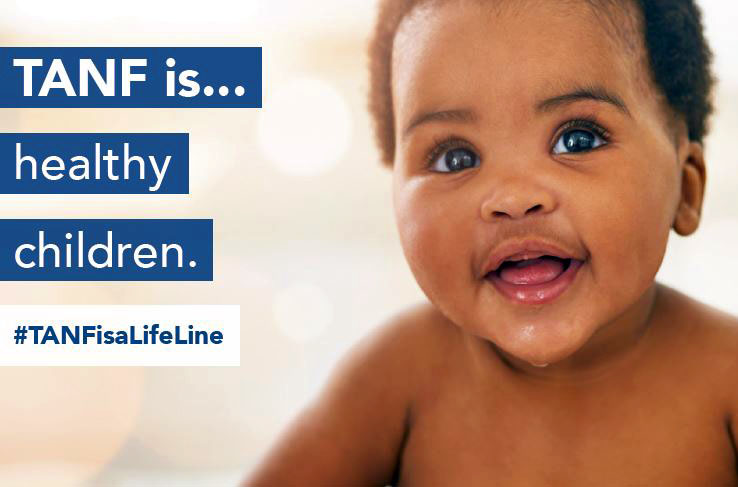
Mayor Bowser’s proposed budget for FY2018 provides much-needed steps to protect vulnerable children in the District, through reforms to a rigid and problematic time limit policy in the city’s Temporary Assistance to Needy Families (TANF) program. These changes will prevent 10,000 children and their families from losing cash assistance and will ensure that parents facing economic hardship always have some resources to meet their children’s needs.
At the same, the proposed budget leaves up to half of a family’s cash assistance subject to being cut, if a parent is not meeting TANF program requirements. This is not consistent with the recommendations of a working group created by the Bowser administration and would leave children at risk of living in deep poverty. The DC Council should use the DC budget to protect a larger share of a family’s benefit to ensure that children’s needs can be met.
Under current rules, approximately 6,000 DC families—including over 10,000 children—are set to permanently lose their TANF cash assistance this October. In recognition of the harmful effects of such a cutoff—such as increased homelessness and child welfare referrals—the DC Department of Human Services convened a working group in 2016 to advise the mayor on how to resolve the issue and create policy solutions to protect children while also meeting TANF program goals. The TANF Working Group included advocates, councilmembers, DHS employees and TANF recipients.
The Working Group recommended dividing a family’s TANF grant into one designated for the needs of children, and one designated as the parent’s portion. It recommended that 80 percent of a family’s monthly benefit would be designated as the portion needed to meet the needs of children, which could not be cut due to time limits or other factors. The 20 percent parental portion could be reduced if a parent is not complying with required TANF work activities, but would not be subject to a time limit.
Mayor Bowser’s proposed budget supports the thrust of the working group’s recommendation, by breaking TANF benefits into a protected child portion and a parental portion. However, the budget proposes protecting only 50 percent of benefits as the child portion. The difference is significant. Under the proposed budget, a family of three—whose full benefit is $576 in FY2018—could lose up to $288 if a parent is unable to meet TANF program requirements. Under the working group recommendation, the greatest sanction would be approximately $70. Given research showing that TANF sanctions do not accomplish the intended goal of increasing parental compliance, the smaller sanction makes sense; it would send a message to families that they are not in full compliance without causing detrimental consequences to children.
DCFPI encourages the DC Council to modify the mayor’s TANF proposal to match the working group recommendations, including protecting 80 percent of a family’s benefits as the child portion. Legislation recently introduced in the DC Council, the TANF Child Benefit Protection Amendment Act, would accomplish this goal and it should be incorporated in the FY2018 budget
To read DCFPI’s testimony to the DC Council on this subject, click here.
